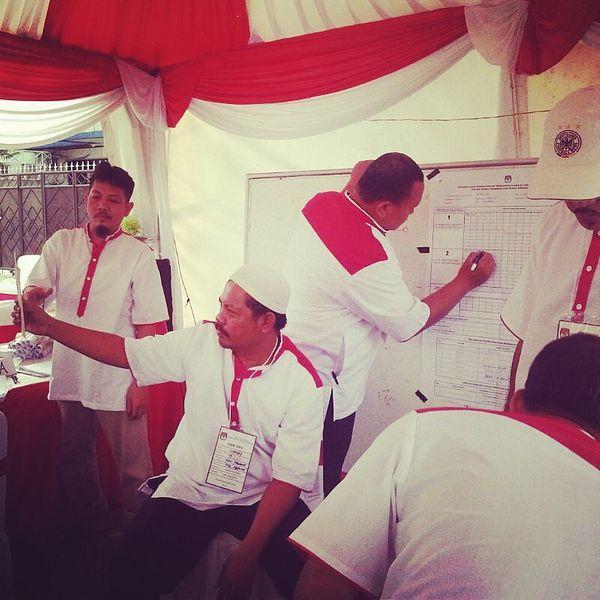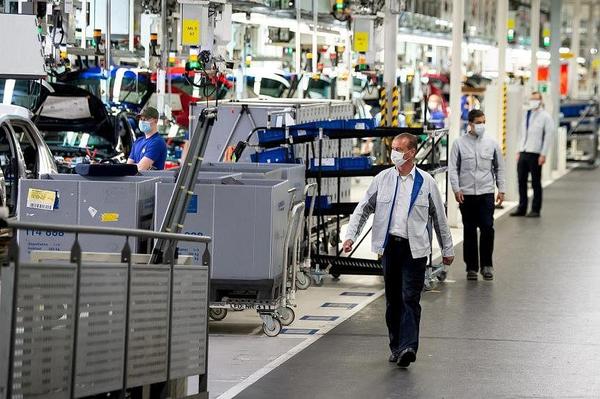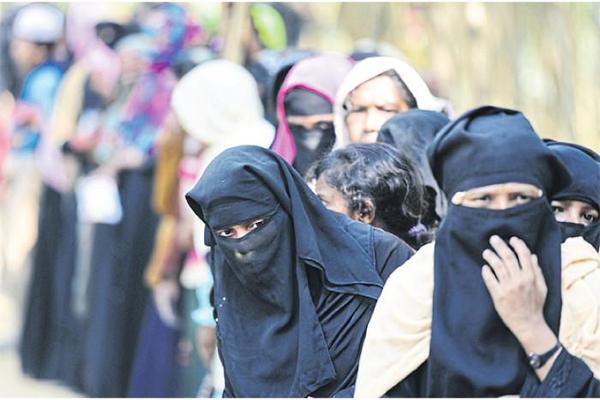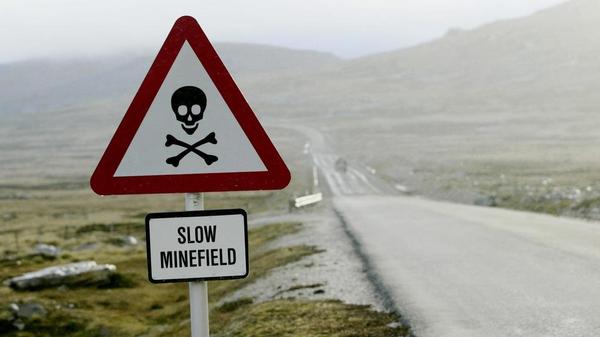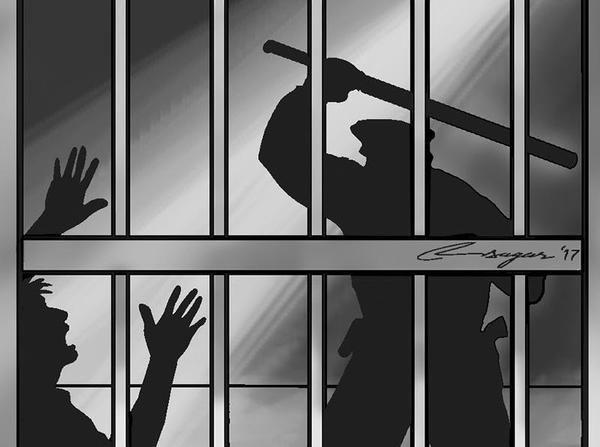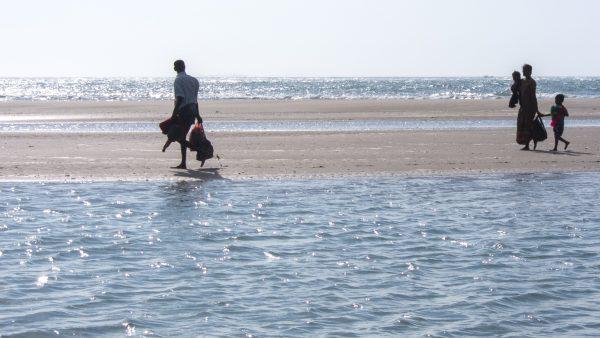
Indian Citizenship Law’s Exclusion of Sri Lankan Tamils
The debate on which refugees qualify for Indian citizenship has intensified with the Bharatiya Janata Party (BJP) government enacting the Citizenship Amendment Act (CAA) 2019 and notifying the rules in March this year.


